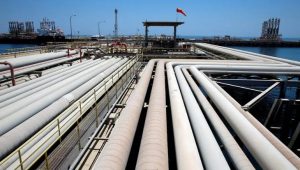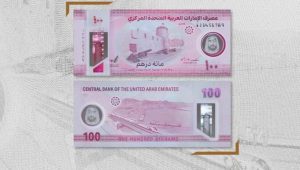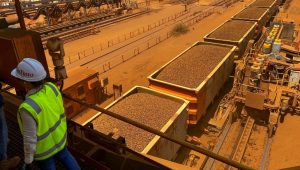Argentina’s economic activity increased by 5.7% in February 2025, the highest monthly gain in recent years. This large increase occurs at a time when structural reforms, increased investor confidence, and international backing are bearing fruit. The spike is largely due to a $20 billion IMF accord signed in April, with an initial $12 billion tranche to strengthen foreign reserves. Key measures included in the pact, like as budgetary discipline and a flexible exchange rate regime, have helped to calm markets.
Agriculture and mining were key drivers of February’s development. Export incentives and favourable commodity prices improved performance, while tax reductions under the RIGI statute encouraged investment in technology and energy. The government’s $22 billion tax amnesty initiative also helped to boost bank liquidity.
Meanwhile, the central bank’s decision to cut interest rates to 29% in early 2025 lowered borrowing costs. A consistent exchange rate policy stabilised currency markets, limiting monthly depreciation to 1%.
Despite these advances, inflation remains high, at 66.9% year on year in February. March witnessed a 3.7% increase, primarily due to food and service prices. With poverty still affecting more than half of the population and elections approaching, economic stability remains precarious.














